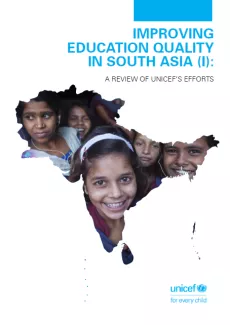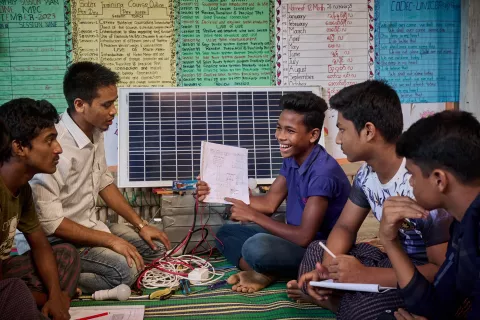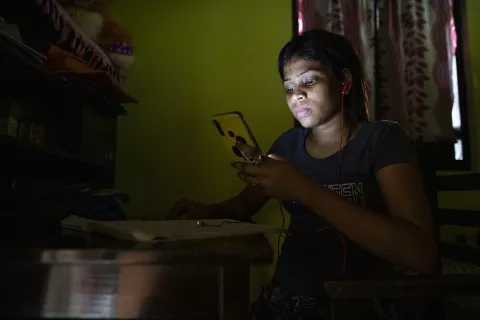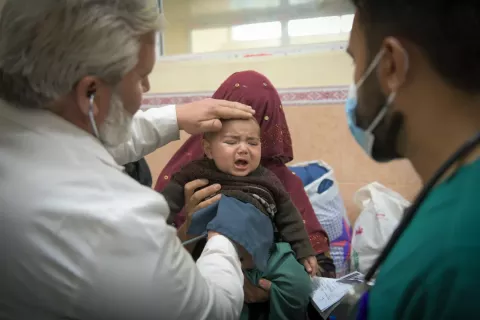Improving Education Quality in South Asia (I): A Review of UNICEF’s Efforts
Comprehensive mapping of UNICEF South Asia’s efforts on quality education programmes
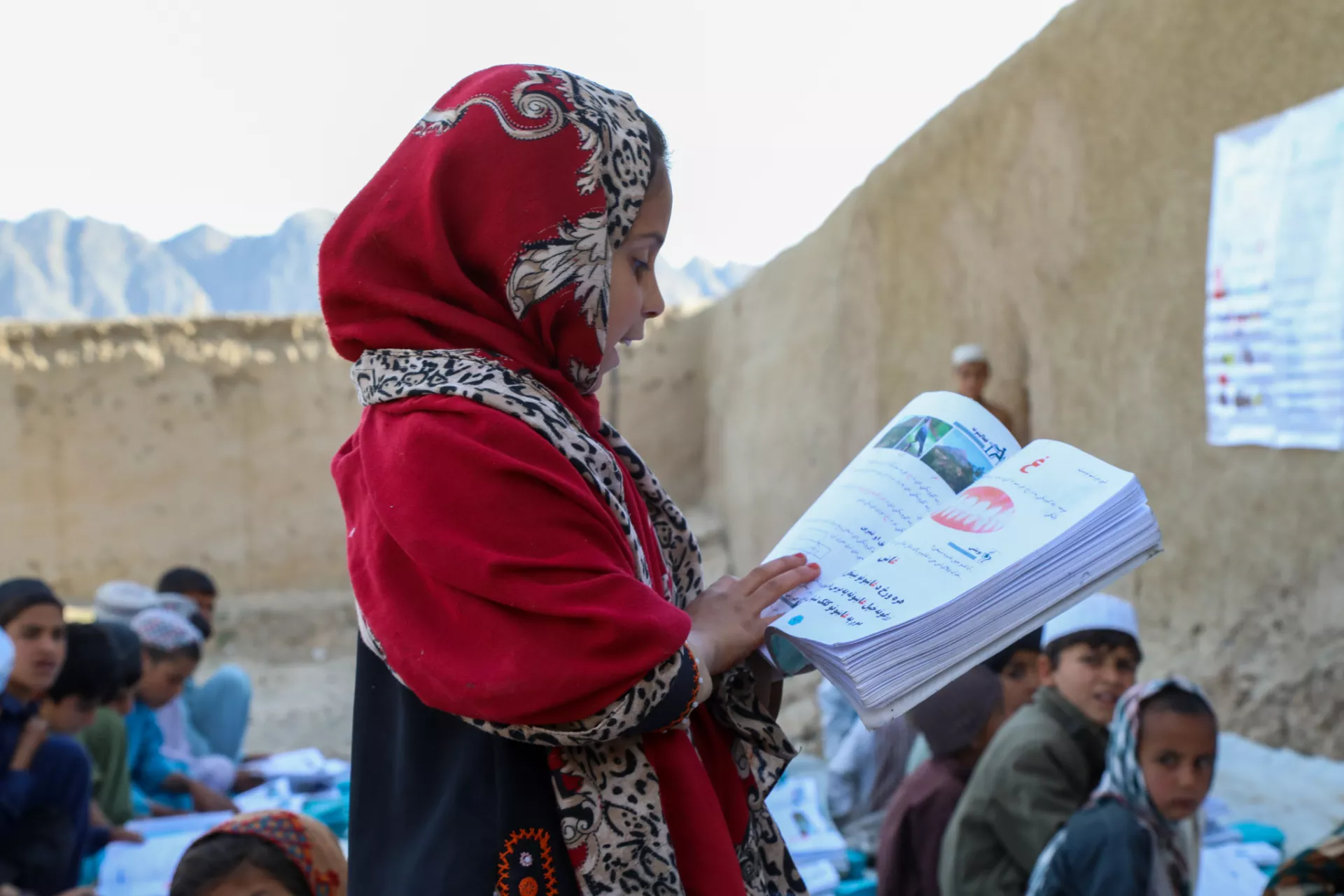
Highlights
Despite the progress made on access to education, a learning crisis exists. In South Asia, there is a critical need for improving teaching and learning quality, and lack of clarity around how best to do so. Taking stock of this, ROSA commissioned a mapping of all UNICEF-supported interventions in recent years aimed at improving education quality to inform UNICEF South Asia’s ongoing efforts and further research in this area.
UNICEF’s efforts have had positive impacts on children’s access to quality learning environments. Evaluations of Child-Friendly School (CFS) programmes in Nepal, Sri Lanka and India indicate improved classroom environments and children’s participation and raised awareness around children’s rights. The Activity-Based Learning (ABL) evaluation in India demonstrates the significant impact child-centred pedagogy can have on reducing learning gaps, social barriers and discrimination. While improving classroom environments and children’s participation are important components of quality, they are not sufficient for ensuring changes in learning processes and outcomes – which have been less of an explicit focus in general for UNICEF’s programming. Improving teaching and learning is the critical need of the hour, yet much less visible and more difficult. UNICEF can play a key role in identifying what works to improve learning, showcasing good working models, and advising governments on the most strategic investments for improving learning.
The mapping was envisioned in light of the learning challenges in South Asia, the urgent need for improving teaching and learning quality and lack of clarity around the same, a desire to map UNICEF’s efforts in this area to better understand what works, and to inform UNICEF South Asia’s ongoing efforts and further research in this area.
The mapping involved a desk review of available documentation, online surveys, and skype interviews with key informants from UNICEF Country Offices, Field Offices, and key NGO/government partners. Findings were captured in the form of the present Report, a PDF Brief, a Powerpoint presentation, and a taxonomy listing UNICEF-supported quality interventions in South Asia.
Findings regarding key challenges, success drivers, potential leverage points for enhancing teaching-learning quality, and UNICEF’s unique strengths and limitations as an organisation, were gathered from surveys, interviews, and the limited evaluations available. These were analysed in order to glean specific recommendations for UNICEF South Asia.
We need to redefine CFS for South Asia: from child-centred environments to learning-centred education.
